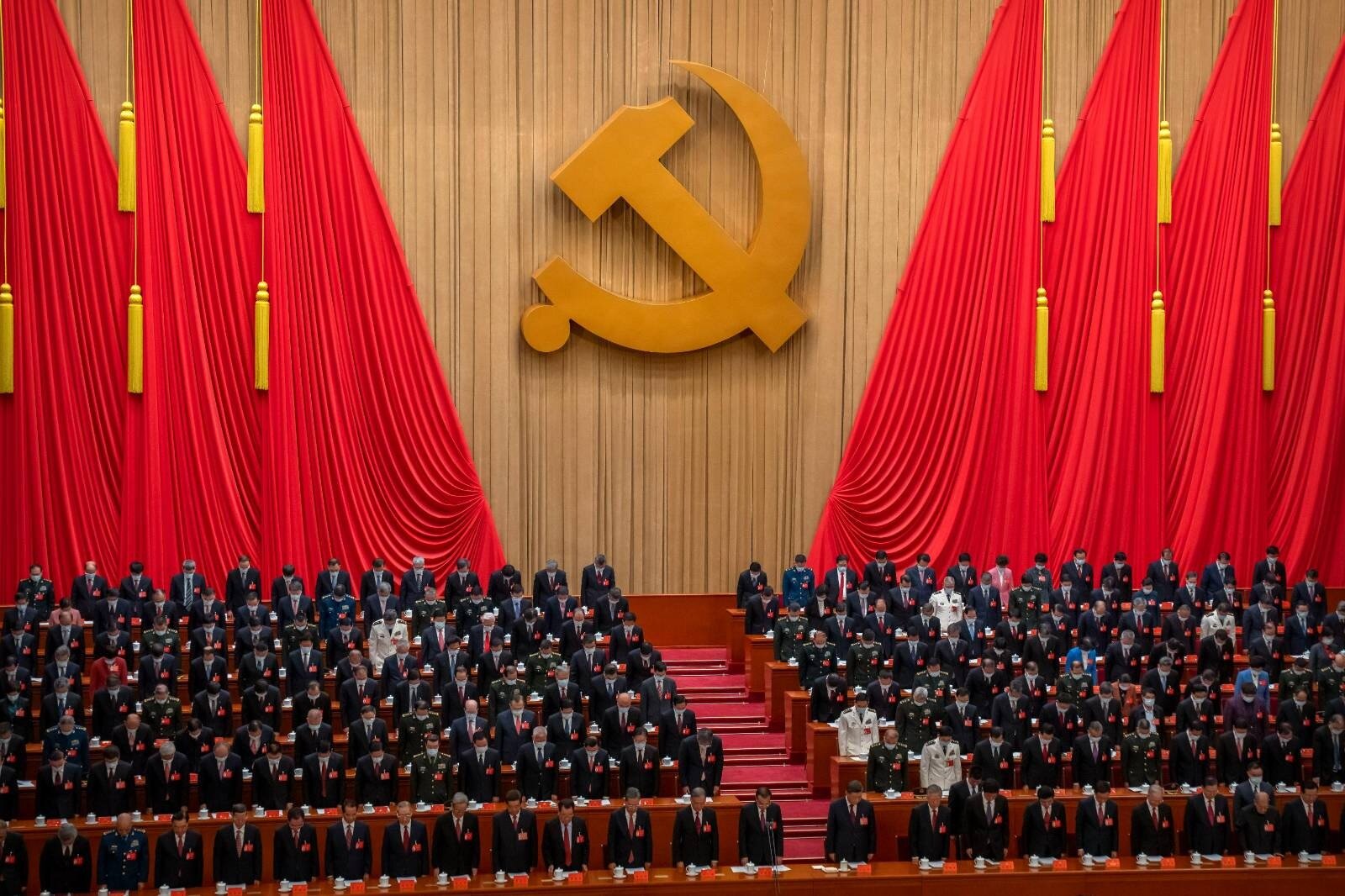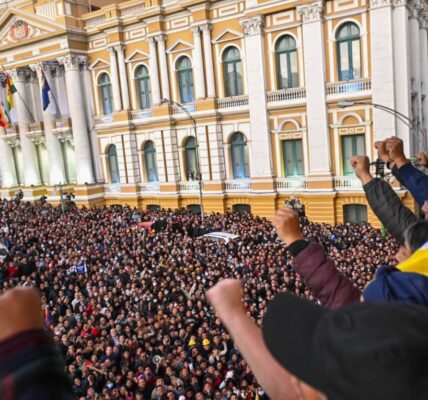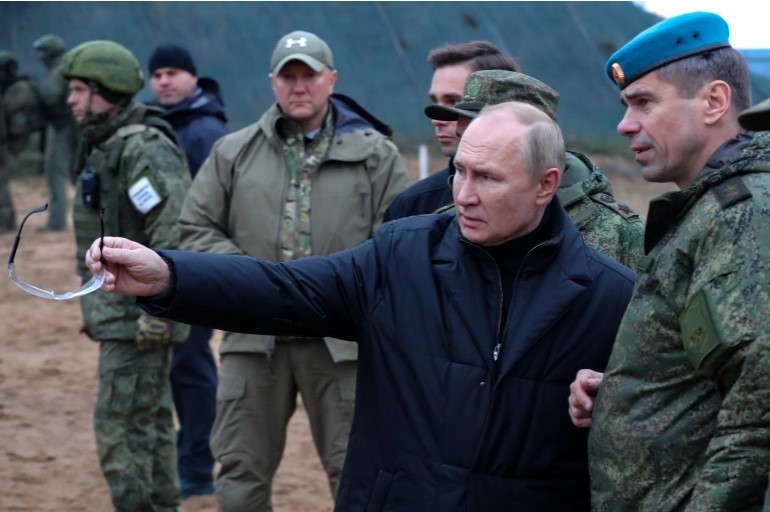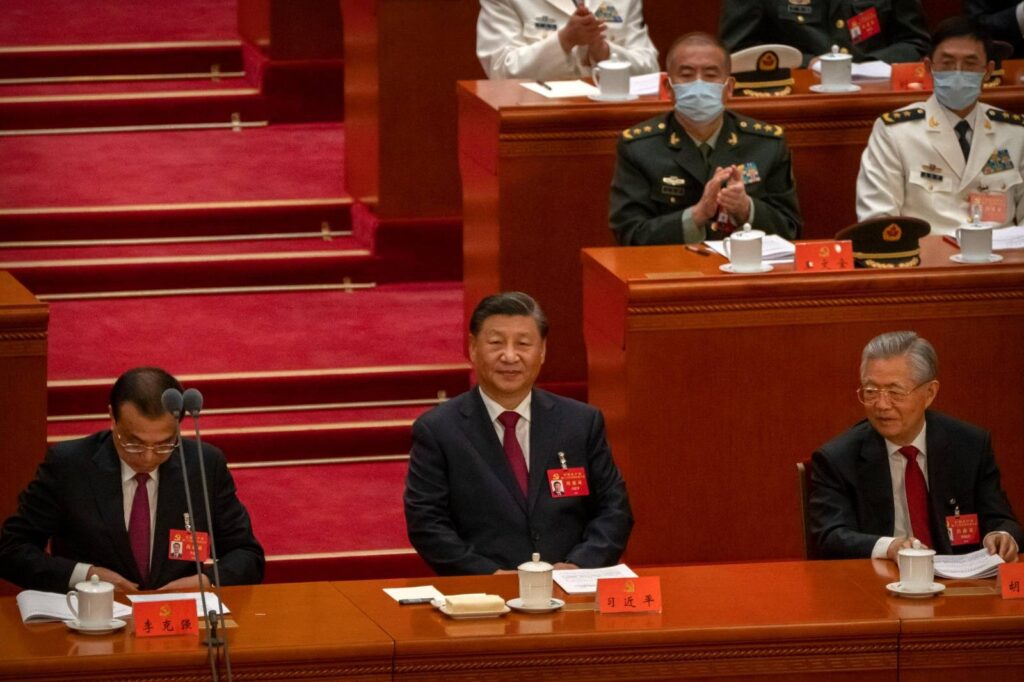
As the week-long congress enters its final stages, with Xi Jinping intent on securing his place as the most powerful ruler since Chairman Mao, here is all you need to know from the last week.
SUNDAY, 16 October, marked the opening ceremony of China’s week-long 20th National Congress, China’s most important political event held once every five years.
China’s leader, President Xi Jinping, took to the stage in front of 2,300 party delegates in a two-hour speech to set the agenda and roadmap ahead for the country’s 1.4 billion people.
In his speech, Xi talked up both China and the Communist Party’s “extraordinary and momentous” achievements but chose to delay the release of key economic data including September’s trade data, and its third-quarter gross domestic product results which was due for publication on Tuesday. Also missing is China’s home price data.
Analysts have put the delays down to Chinese authorities seeking to avoid the release of unfavorable news during Congress, instead wanting the media to focus purely on a positive rhetoric centred around Xi’s key messages being delivered throughout the week.
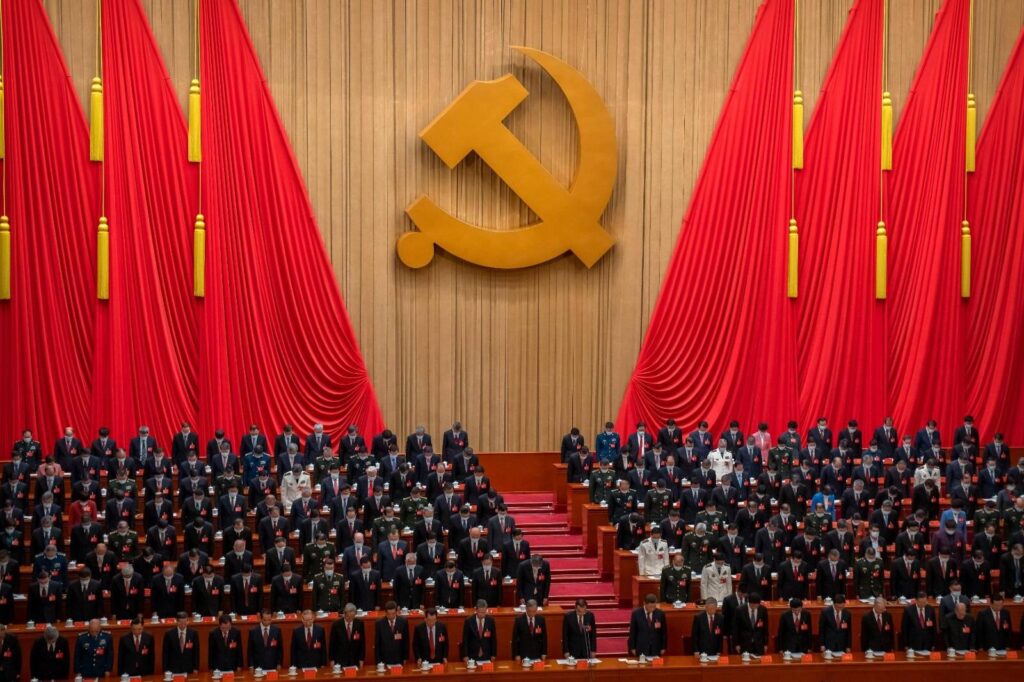
The key highlights from the first six days are as follows:
FOREIGN POLICY
No significant changes or shifts are expected to be seen across the party’s existing policies.
Xi confirmed all major foreign and economic policies ranging from expanding China’s military spending to promoting innovation and bolstering common prosperity to build a modern specialist China.
Xi reiterated all that has been done thus far has been critical to China’s success and will be continued, stressing “development” as being the party’s top priority in governing and twice mentioning the need to balance development with security.
ZERO COVID POLICY
Xi defended his increasingly unpopular zero covid lockdown policy telling Congress that China’s approach “put people and lives above all else”, and “in launching an all-out people’s war to stop the spread of the virus, China has protected the people’s health and safety to the greatest extent possible and made tremendously encouraging achievements in both epidemic response and economic and social development”.
The president did not say whether China’s rigid covid policy would end or continue anytime soon.
This will likely have come as an unwelcome surprise to many amidst growing concerns and frustrations surrounding soaring unemployment levels, plummeting property prices both for ownership and rentals, and banks in crisis, as a result of the lockdowns.
XI’S APPROACH TO TAIWAN
Xi reinforced his plans to retake and reconquer Taiwan declaring all options are on the table. While the president stressed desires for a “peaceful reunification”, he chillingly did not rule out using force to bring the self-ruled island back under China’s control, affirming that this is a matter that must be resolved by the Chinese people only.
The Chinese president said he would not back down on China’s sovereignty or principles of freedom and democracy.
The question is not if, but when China will act; whether that is imminent, or in 5 to 10 years’ time.
Former state official Colonel Steve Ganyard noted the last time China went to war: the country got crushed by the Vietnamese in 1979 and has not fought since, so we can only anticipate that Xi will be paying very close attention to the unravelling of the Ukraine-Russia war before he plots his next move. The Chinese leader may well be rattled by the west’s rapid response and show of unity in its rush to support Ukraine in the form of military and economic aid.
What we have seen with Russia for example is that while a country’s military and weaponry may seem impressive, it all comes down to a leader’s ability to take its country into battle, something which Xi may no longer be as comfortable as he initially once was in his ability to seize Taiwan or indeed any other part of the Asia-Pacific region.
SCIENCE & TECHNOLOGY CRACKDOWN
As the US moves to cut Beijing off from cutting-edge chip capabilities, along with its recent export controls, Xi pledged that China will “focus on national strategic needs, gather strength to carry out indigenous and leading scientific and technological research, and resolutely win the battle in key core technologies.”
Xi confirmed China has already accelerated its efforts in this area with R&D set to surge from ¥1tn Chinese yuan to ¥2.8tn, the second highest in the world.
LOOKING AHEAD
As the week draws to a close, we can expect to see a major shakeup in personnel with various changes and promotions being made to the seven-member Standing Committee.
Experts have said we will be able to predict if China’s supreme leader plans to rule for life, simply from seeing the new line-up and age of the Committee’s new successors, if the members are noticeably too young or indeed too old, then it is safe to say that Xi does not plan on giving up power any time soon.
Last week, the White House laid out its 48-page national security strategy in which President Biden warned that the US is now in the early years of a “decisive decade” in its rivalry with China, in terms of geopolitical competition between the powers.
The Biden Administration has cautioned that China not only harbors the intent to reshape international order but increasingly has the capacity to do so as it increases its economic, military, and technological power to advance that objective, and subsequently endanger world peace.
In the last remaining days of China’s weeklong Congress, forecasters are predicting we will see President Xi Jinping secure an unprecedented third term in power.

